
Date: 5 July 2016
The new technology can be used in all car windows and is the world’s first automotive glass to block the UV radiation of up to 400nm wavelength by 99%.
Current car glass products that can block 99% (*2) of sub-380nm UV ray transmittance are already available and becoming a standard feature for light vehicles sold in Japan. The NSG Group, however, has focused on effectively blocking the longest-wavelength range of UV, 380nm-400nm, which can penetrate into deeper layers of the skin.
*1 Measured by the Company, based on ISO13837
*2 Measured by the Company, based on ISO9050
.jpeg)
Inspection process of UV-cut glass
[Reference: Three types of ultraviolet ray – UVA, UVB, and UVC]
The portion of sunlight with wavelength shorter than 400nm is called ultraviolet radiation. UV rays are further divided into UVC (-280nm), UVB (280nm-315nm), and UVA (315nm-400nm). UVA and UVB reach the surface of the earth. The surface of human skin may become hot or red by contact with UVB, causing sunburn and ages spots. UVA penetrates deeper into the skin, causing skin to sag and develop wrinkles. Recently the protection against photoaging –UV rays’ skin-aging effect - is considered important.
The NSG Group will continue to strive to develop innovative glass products that provide more comfort for passengers traveling in a car.
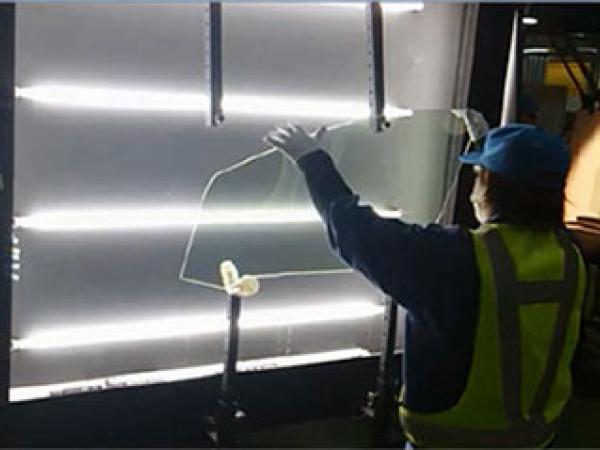 600450
600450


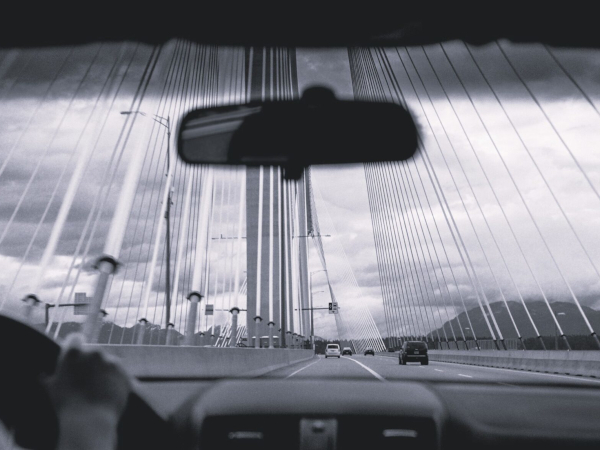
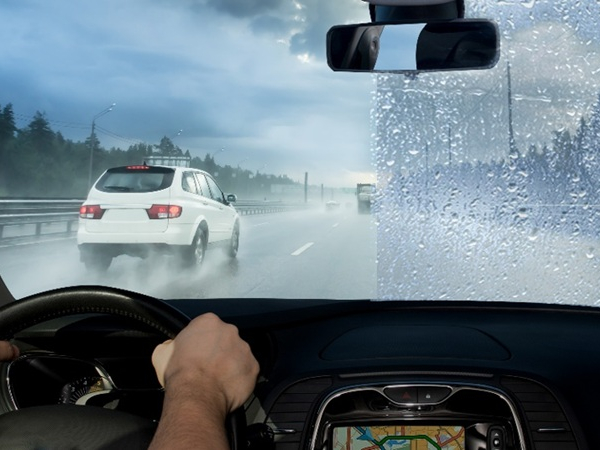
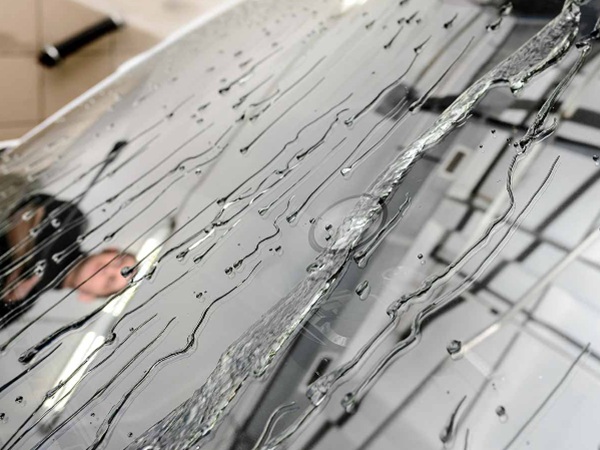
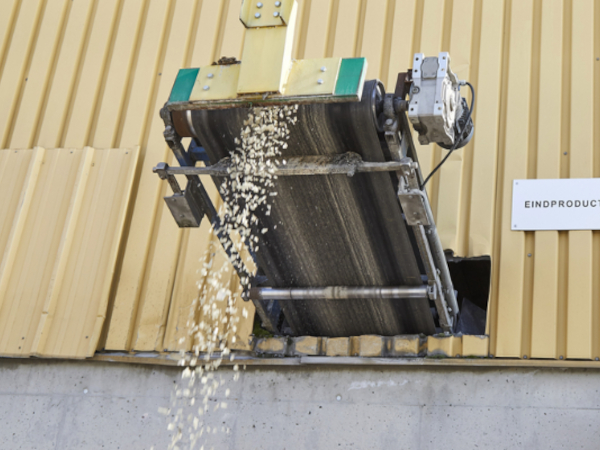
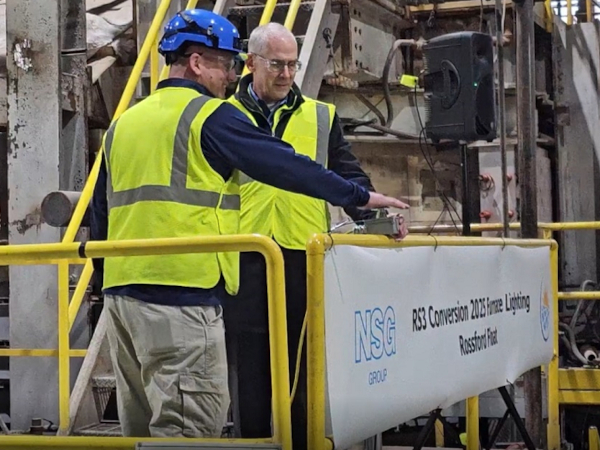







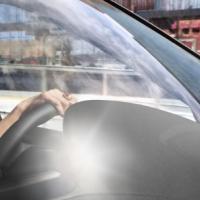
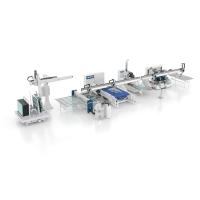
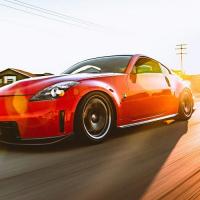
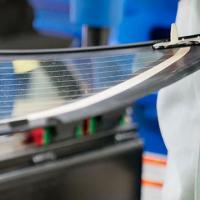
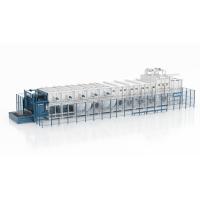
Add new comment